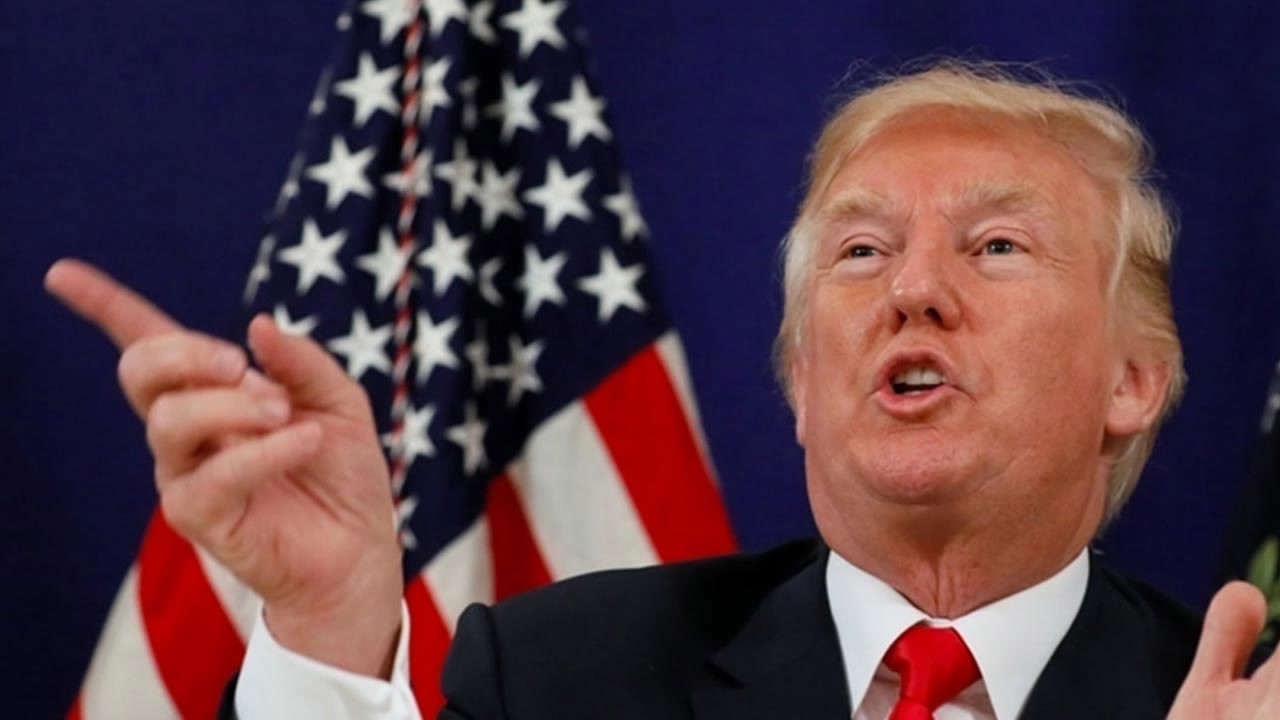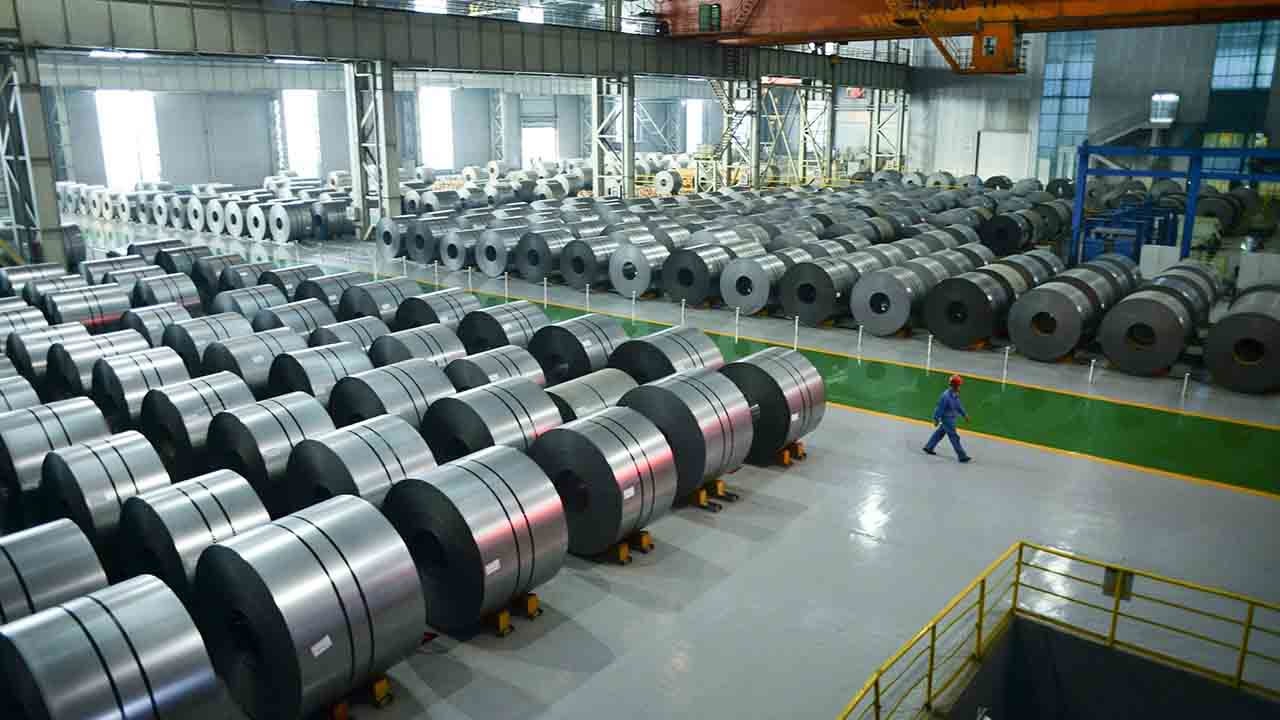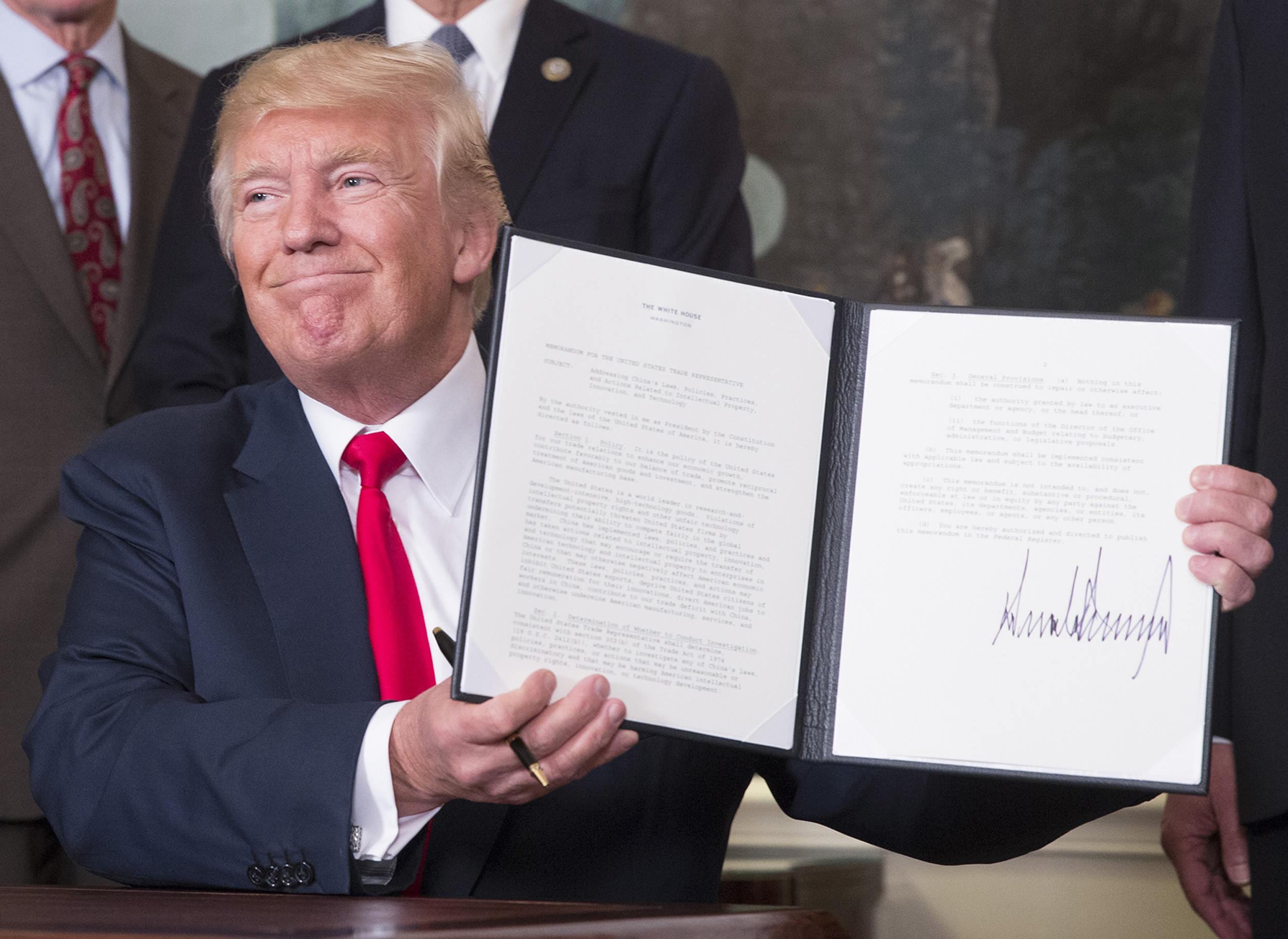
Business
08:17, 15-Aug-2017
Trump authorizes China trade probe, casting shadow over business relations
CGTN

The quarrel over trade imbalances between China and the US has escalated after US President Donald Trump signed a memorandum on Monday green-lighting a review of the alleged “malpractices” by China in relation to intellectual property.

China's Ministry of Commerce issued a statement on Tuesday morning voicing "grave concern" over Trump’s decision, and warning that China will not sit on its hands "if the US's action inflicts damages on the bilateral trading relationships".
US trade representative Robert Lighthizer will have 12 months to assess if a formal investigation into the issue is necessary.
Of the many consequences which a positive result could yield include, unilaterally imposing trade sanctions. This outcome is viewed by many observers as among the worst possible result and would increase the possibility of a trade war.
However Trump sees initiating the probe as part of his presidential mandate. “This is what I promised to do as a candidate for this office and this is what I am doing right now as president,” Trump said upon endorsing the measure.
The move is aimed at “protection of American workers, innovations, creations and inventions”, the US president added.
China’s benchmark A-shares have appeared to shrug off the potential negative impact brought on by the news, opening higher on Tuesday and inching upwards before the mid-day. The rally on Monday in the US market had seen the Dow rose 135.39 points, or 0.62 percent, to 21,993.71 and the S&P 500 gained 24.52 points to 2,465.84.

President Donald Trump finishes signing a memorandum directing the US Trade Representative to complete a review of trade issues with China at the White House in Washington, US August 14, 2017.
President Donald Trump finishes signing a memorandum directing the US Trade Representative to complete a review of trade issues with China at the White House in Washington, US August 14, 2017.
Successive US governments have been complaining about what they claim as “unfair treatment” of American firms by Chinese administrators in favor of local enterprises while Chinese firms are enjoying equal access to American market as their American counterparts.
Trump’s decision may be troublesome but “hardly surprising”, said He Weiwen from the Center for China and Globalization.
“It’s Trump’s rhetoric all along that China had snatched jobs away from American workers with unfair trade advantages”, he told CGTN, “Politically he needs to follow it up now that he is elected by the people who believe in his accusation against China.”
Reducing the US’s trade deficit with China was one of Trump’s battle cries during the presidential campaign, towards which the initiation of the review is the first concrete policy action taken by the Trump administration.
According to the data of China’s General Administration of Customs, China still ran a trade surplus against the US by the end of July, during which the world’s two largest economies had reported the total trade volume of 2.18 trillion US dollars.
China’s officials have been calling the surplus as “exaggerated” as the result of an outdated formula with which the number is calculated.
The inking of the memorandum is believed to have been set aside for a week until the new UN sanctions against the Democratic People’s Republic of Korea ensuing its consecutive tests of its nuclear prowess passed, on which the Washington needed Beijing’s support.
China has urged the US to objectively evaluate China's progress in protection of intellectual property rights (IPR) and resolve their differences with China through dialogue and consultation.
"With the increasingly interwoven interests between China and the United States, a trade war will lead nowhere and neither side will win," Chinese Foreign Ministry spokesperson Hua Chunying said Monday at a regular news briefing.
China has always attached importance to protecting IPR by formulating laws and regulations, cracking down on violations and raising public awareness of IPR, Hua said.
China and the US used to be on the brink of trade war with each other in the 1990s but the situation was defused through negotiation before deterioration, Mr He said.
Although this friction may bear little influence on the two countries’ policymaking regarding the DPRK, it could impair the atmosphere in which the two great economies can sit down and talk, Mr He added.

SITEMAP
Copyright © 2018 CGTN. Beijing ICP prepared NO.16065310-3
Copyright © 2018 CGTN. Beijing ICP prepared NO.16065310-3